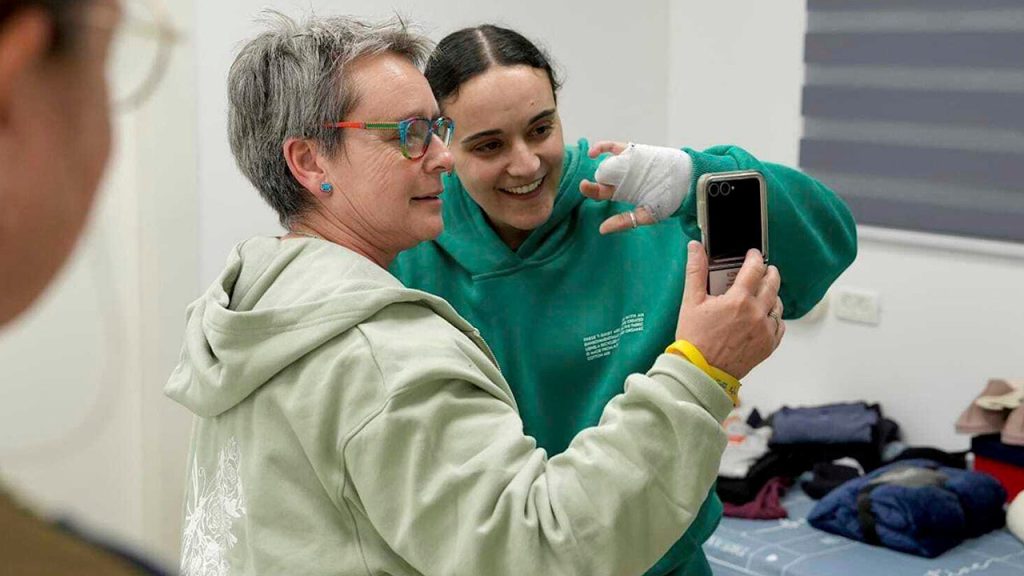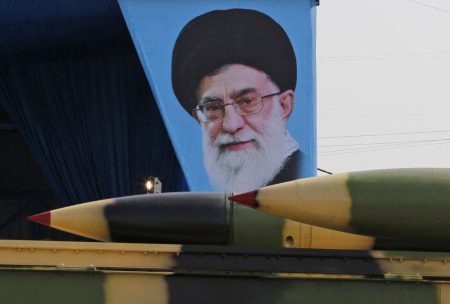Emily Damari’s Journey from Captivity to Freedom
On a fateful day in October 2023, the world witnessed the horror of a brutal attack by Hamas on Israel. Among the numerous victims was Emily Damari, a 28-year-old dual Israeli-British citizen, who endured unimaginable suffering during her 500-day captivity in the Gaza Strip. Kidnapped and held against her will, Emily lost two fingers during the initial attack, a physical testament to the cruelty she faced. However, her spirit remained unbroken. After months of agonizing uncertainty, Emily’s family received the miraculous news of her release as part of a cease-fire agreement between Israel and Hamas. Her liberation marked a pivotal moment, not only for her family but also for the ongoing conflict and the plight of other hostages still languishing in captivity. Upon her return, Emily expressed overwhelming joy and relief, sharing her elation on social media with a simple yet profound message: "Thank you, thank you, thank you, I’m the happiest in the world just to be." This heartfelt sentiment captured the essence of her liberation, highlighting the preciousness of freedom regained after an extended period of suffering and deprivation.
Emily’s mother, Mandy Damari, echoed her daughter’s sentiments, expressing immense relief and joy at finally being able to embrace her daughter once again. Describing the reunion as a dream come true, Mandy acknowledged Emily’s remarkable resilience and her determination to reclaim her life. She recounted Emily’s own words, proclaiming herself "the happiest girl in the world," a testament to the human spirit’s ability to find strength and hope even in the darkest of times. However, amid the jubilation, Mandy Damari also emphasized the ongoing plight of other hostages who remained in captivity, urging for the continuation of the cease-fire and the safe return of every individual held against their will. Her plea served as a poignant reminder that while Emily’s release was a cause for celebration, the fight for freedom and justice for all captives must persist.
The release of Emily, Doron Steinbrecher, and Romi Gonen was a beacon of hope amidst the ongoing conflict between Israel and Hamas. Their freedom was secured through a cease-fire agreement, a fragile yet crucial step towards de-escalation and the potential for a more peaceful future. As part of the agreement, Israel released 90 Palestinian prisoners held in the West Bank, a gesture of goodwill aimed at fostering trust and facilitating further negotiations. This exchange of prisoners highlighted the complexities of the conflict, underscoring the delicate balance between security concerns and the humanitarian imperative to ensure the safe return of captives. While the cease-fire offered a glimmer of hope, its long-term viability remained uncertain, and the underlying tensions continued to simmer beneath the surface.
The ordeal faced by Emily and the other hostages shed light on the brutal reality of the Israeli-Palestinian conflict, where human lives are often caught in the crossfire of political and ideological disputes. The capture and detention of civilians is a grave violation of international humanitarian law, causing immense suffering to individuals and their families. The prolonged captivity of Emily and her fellow hostages underscores the urgency of finding a lasting resolution to the conflict, one that prioritizes human rights, dignity, and the peaceful coexistence of both Israelis and Palestinians.
The release of Emily and the other hostages also raises important questions about the terms of the cease-fire agreement and its potential implications. Critics have raised concerns about the possibility of Hamas rearming and using the release of prisoners as an opportunity to regroup and escalate the conflict in the future. These concerns highlight the challenges of negotiating with militant groups and the need for robust mechanisms to ensure compliance with cease-fire agreements. The long-term success of any peace process hinges on the commitment of all parties to renounce violence, engage in meaningful dialogue, and work towards a sustainable resolution that addresses the root causes of the conflict.
In conclusion, Emily Damari’s journey from captivity to freedom is a testament to the resilience of the human spirit and the power of hope. Her story serves as a reminder of the devastating impact of conflict on individuals and families, and the urgent need for a peaceful resolution to the Israeli-Palestinian conflict. The cease-fire agreement that facilitated her release represents a fragile yet crucial step towards de-escalation, but its long-term success hinges on the commitment of all parties to engage in meaningful dialogue and work towards a future where all people can live in peace, security, and dignity.










